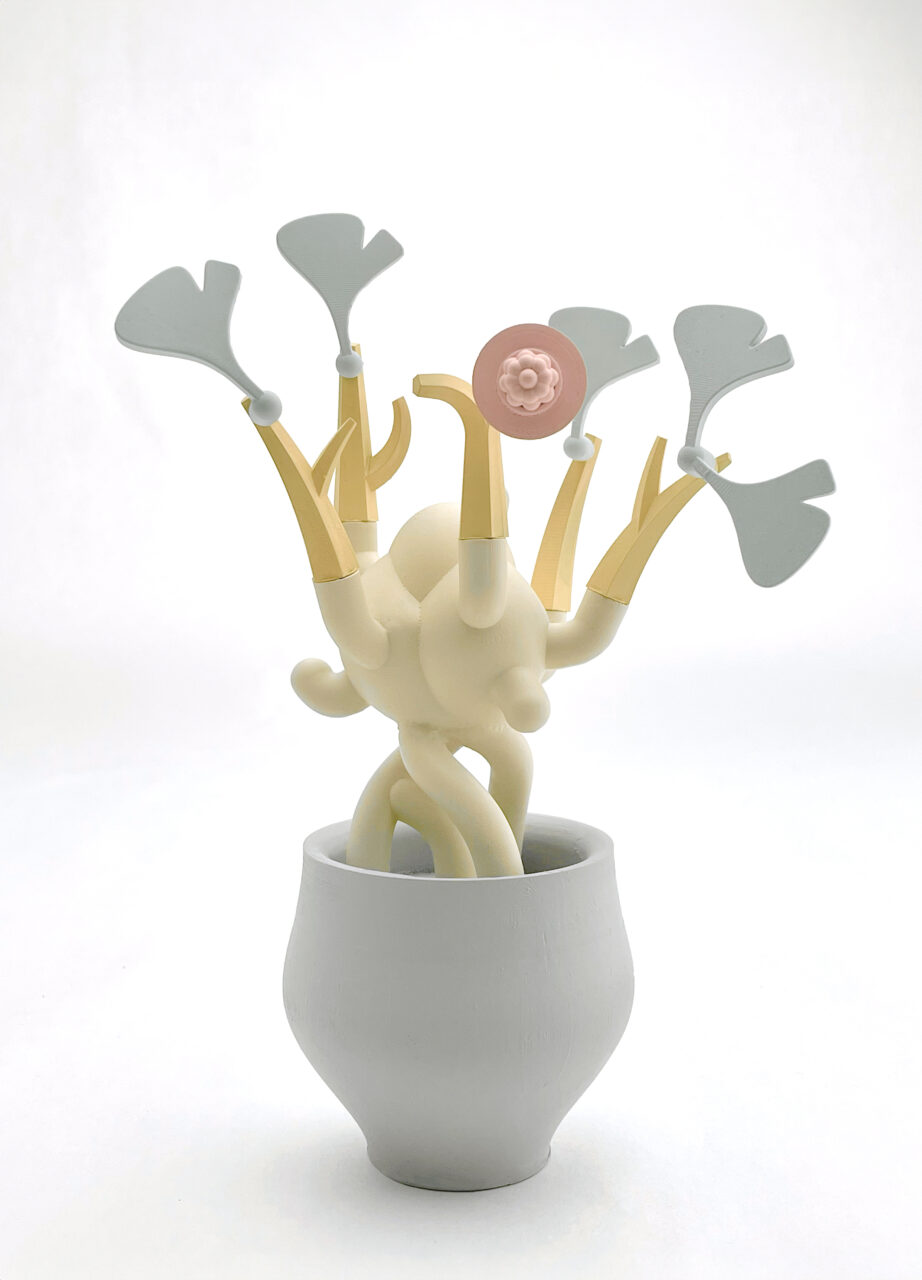Platinum Winner of the International Architecture & Design Awards 2024
Architect / Designer:
Hua Hsiang
Country:
United States
Mind Bonsai is a tool for exploring the territory of self reflection. The goal of this product is to translate the multi-faceted nature of self identity into a visual language that can be observed and shared between people. By visualizing the collected data, individuals will have a touchstone that draws them back to the learning from that moment.
The collectable figurines are built in five parts, each part determined by your answers to the personality test. The parts are corresponding to the categories of questions in the test. Everyone ‘s Mind Bonsai will be different from others as our personalities are all unique
As diverse and complex beings, each person has their own unique facets that make up their self-identity, including emotions, personality, talents, interests, and beliefs. The pursuit of understanding one’s self is a lifelong journey that offers improved relationships, better self-care, increased confidence, and career and personal growth. My thesis explores the translation of multifaceted self knowledge tools into a visual output that can be observed and shared between people.
Using existing personality tests like Myers-Briggs Type Indicator, The Enneagram of Personality, and Big Five Personality Test as a foundation, I have created the Mind Bonsai. The questionnaire is a series of personality questions sorted by categories. Each category focuses on a different aspect of one’s identity. I have designed a system that assigns scores to different responses, and combines those scores to provide an indicator in each category. The category scores are then translated into a visual output that is a unique visual identity icon. The personality tests generate 2D and 3D forms. Some are for personal knowledge, others can be used in interpersonal understanding.
The process of taking the test helps users gain a deeper understanding of themselves and potentially uncover patterns that they might not have otherwise discovered. By visualizing the collected data, individuals will have a touchstone that draws them back to the learning from that moment, as well as an object that can open conversations with others about their process, thereby expanding the benefits of this area of self knowledge.
The choice of shaping the representation in the form of a plant, specifically a bonsai, holds profound symbolism. Bonsai, inherently, is emblematic of personal growth. Just as a bonsai thrives through meticulous trimming and shaping, akin to the processes of meditation and reflection, individuals can embark on a transformative journey towards self-improvement. It is a visual metaphor for the iterative nature of self-evolution.


